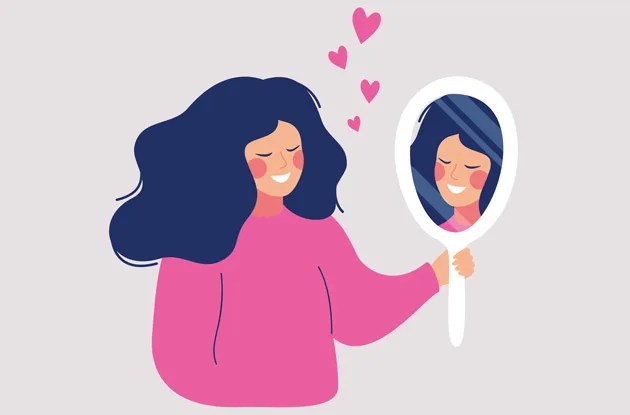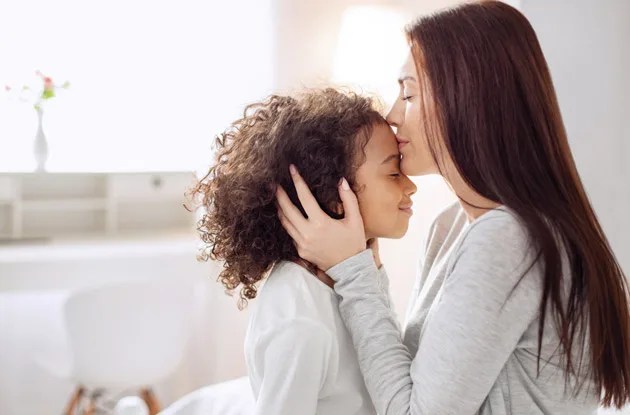You know the feeling all too well: You’re at the doctor’s office for your annual flu shot, and as the needle comes closer, you visibly recoil and even wince a little bit. It’s called pain expectation, and a new study says this phenomenon is especially real for children.
The study, conducted byUC Riverside psychologist Kalina Michalska, suggests kids feel more pain when they anticipate pain.
For the study, which included 21 healthy children, 27 children with an anxiety disorder, and 25 adults, researchers applied thermal heat and asked the subjects to rate levels of pain: low, medium, high. The high heat was only as warm as very warm tap water, but during the experiment, only one temperature—the one each subject rated medium—was used. The difference was actually in the tone subjects heard before the heat was applied. One tone meant low heat, the other meant high.
Even when a subject heard a cue indicating high pain, the pain was only rated as medium.
Although researchers expected the strongest expectation-experience correlation among anxious children, all three groups reacted the same way.
“What we learn is that both healthy and anxious children’s experience of pain is influenced by what they are told about it. If we tell them they will experience a lot of pain—or they tell themselves this—they will actually experience more pain and greater negative emotions as a consequence,” says Michalska.
So what can parents do? Michalska says the study reinforces the necessity of not “hyping up” painful experiences. Instead, parents should distract children and discourage them from overthinking the experience.





















